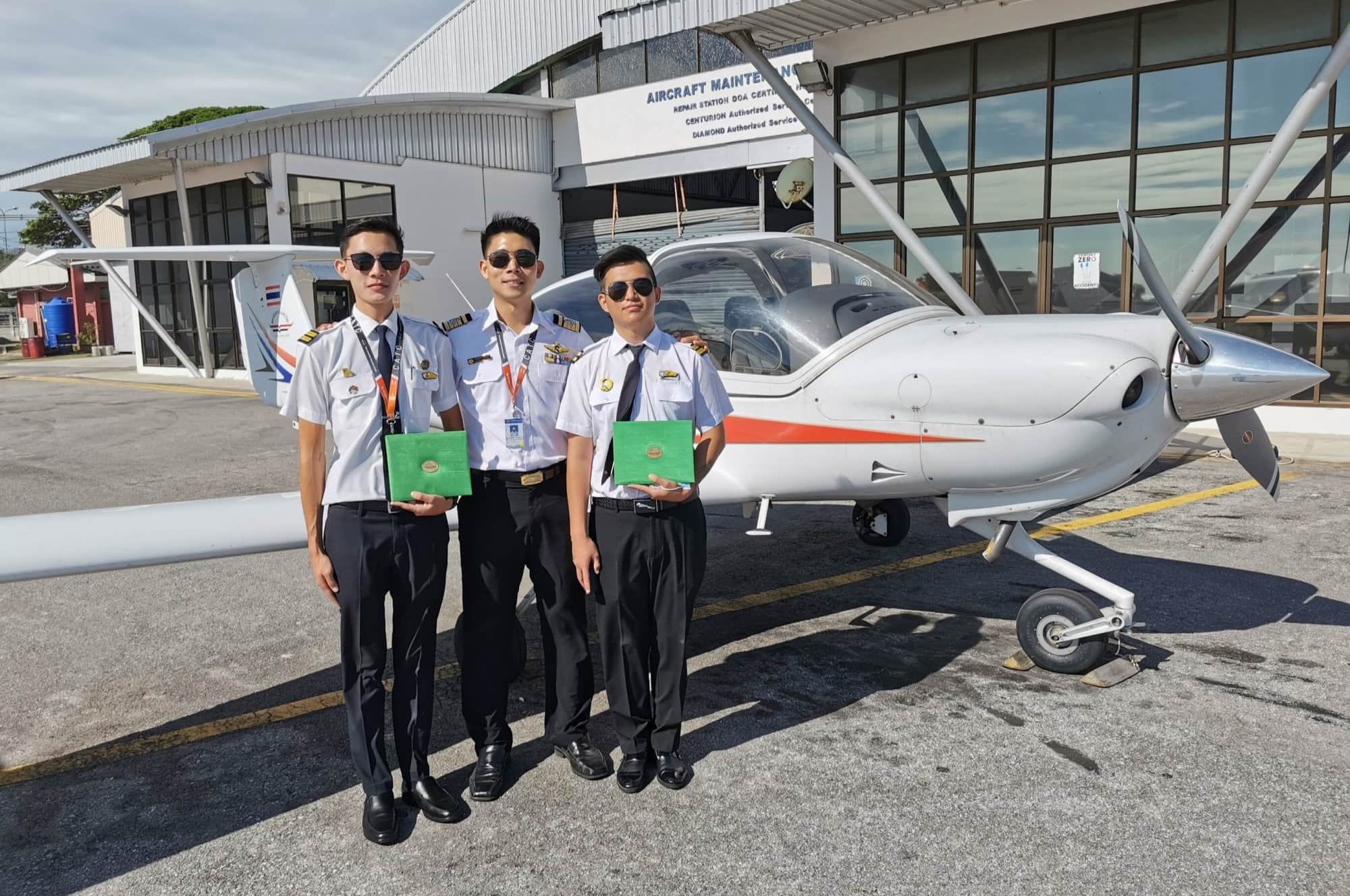
Aviation training centers play a crucial role in shaping the future of pilots, air traffic controllers, and aviation mechanics. Ever wondered what makes these institutions so special? Aviation training centers are not just about flying planes; they encompass a wide range of programs and facilities designed to ensure safety, efficiency, and innovation in the skies. From state-of-the-art simulators to rigorous safety protocols, these centers provide comprehensive education and hands-on experience. Whether you're dreaming of becoming a commercial pilot or an aviation engineer, understanding the ins and outs of these training hubs can give you a head start. Ready to learn more? Let's dive into 17 fascinating facts about aviation training centers!
Key Takeaways:
- Aviation training centers are specialized institutions where aspiring pilots and aviation professionals receive education and training. They offer programs for pilots, air traffic controllers, and aircraft maintenance technicians, ensuring safety and efficiency in air travel.
- Modern aviation training centers use advanced simulators, offer various types of training, emphasize safety, and provide career opportunities in the aviation industry. They also incorporate technological advancements and prepare students for the future of sustainable aviation.
What Are Aviation Training Centers?
Aviation training centers are specialized institutions where aspiring pilots, air traffic controllers, and other aviation professionals receive their education and training. These centers play a crucial role in ensuring the safety and efficiency of air travel. Let's dive into some fascinating facts about these training hubs.
-
First Aviation Training Center: The first aviation training center was established in 1910 by the Wright brothers in Dayton, Ohio. They recognized the need for structured training as aviation began to take off.
-
Simulators: Modern aviation training centers use advanced flight simulators that replicate real-world flying conditions. These simulators help trainees practice without the risks associated with actual flight.
Types of Training Offered
Aviation training centers offer a variety of programs tailored to different roles within the aviation industry. From piloting to maintenance, these centers cover it all.
-
Pilot Training: Pilot training programs include ground school, simulator training, and actual flight hours. Trainees learn everything from basic flight principles to advanced navigation techniques.
-
Air Traffic Control Training: Air traffic controllers undergo rigorous training to manage aircraft movements safely and efficiently. This includes learning about radar systems, communication protocols, and emergency procedures.
-
Aircraft Maintenance Training: Technicians are trained to inspect, repair, and maintain aircraft. This ensures that all planes are in top condition before taking off.
Importance of Safety in Training
Safety is paramount in aviation, and training centers emphasize this through various protocols and practices.
-
Emergency Procedures: Trainees are taught how to handle in-flight emergencies, including engine failures, medical emergencies, and severe weather conditions.
-
Regular Assessments: Students undergo regular assessments to ensure they meet safety standards. This includes written exams, practical tests, and simulator evaluations.
Global Reach of Aviation Training Centers
Aviation training centers are not limited to one region; they are spread across the globe, catering to international students.
-
International Students: Many centers attract students from around the world, offering courses in multiple languages and accommodating different cultural needs.
-
Global Standards: Training centers adhere to international aviation standards set by organizations like the International Civil Aviation Organization (ICAO) and the Federal Aviation Administration (FAA).
Technological Advancements in Training
Technology plays a significant role in modern aviation training, making it more efficient and effective.
-
Virtual Reality (VR): Some centers use VR technology to create immersive training experiences. This allows students to practice in a highly realistic yet controlled environment.
-
Online Courses: Many training centers offer online courses for theoretical knowledge, making it easier for students to learn at their own pace.
Career Opportunities Post-Training
Graduating from an aviation training center opens up numerous career opportunities in the aviation industry.
-
Commercial Pilots: Many graduates go on to become commercial pilots, flying for major airlines around the world.
-
Private Pilots: Some choose to become private pilots, flying smaller aircraft for personal or business purposes.
-
Aviation Instructors: Experienced pilots and technicians often return to training centers as instructors, passing on their knowledge to the next generation.
Financial Aspects of Training
Aviation training can be expensive, but various financial aids and scholarships are available to help students.
-
Scholarships: Many organizations offer scholarships to aspiring aviation professionals, making training more accessible.
-
Student Loans: Some training centers have partnerships with financial institutions to offer student loans with favorable terms.
The Future of Aviation Training
The aviation industry is constantly evolving, and training centers are adapting to meet future demands.
- Sustainable Aviation: Training centers are incorporating lessons on sustainable aviation practices, preparing students for a future where eco-friendly flying is the norm.
Final Thoughts on Aviation Training Centers
Aviation training centers play a crucial role in shaping the future of aviation. They provide aspiring pilots with the skills, knowledge, and hands-on experience needed to navigate the skies safely. These centers offer a variety of programs, from basic flight training to advanced courses in aerodynamics and avionics. With state-of-the-art simulators and experienced instructors, students get a comprehensive education that prepares them for real-world challenges. The rigorous training ensures that pilots are well-equipped to handle any situation, making air travel safer for everyone. Whether you're dreaming of becoming a commercial pilot or just want to fly for fun, aviation training centers are the gateway to achieving your goals. So, if the sky's the limit for you, these centers are where your journey begins.
Frequently Asked Questions
Was this page helpful?
Our commitment to delivering trustworthy and engaging content is at the heart of what we do. Each fact on our site is contributed by real users like you, bringing a wealth of diverse insights and information. To ensure the highest standards of accuracy and reliability, our dedicated editors meticulously review each submission. This process guarantees that the facts we share are not only fascinating but also credible. Trust in our commitment to quality and authenticity as you explore and learn with us.


